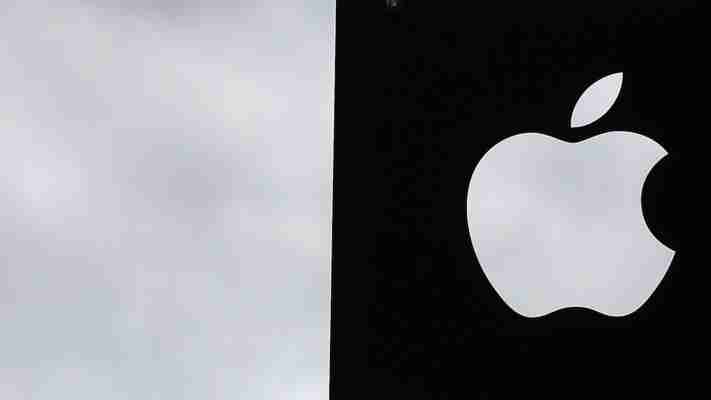A patent application granted to Apple and published today by the United States Patent and Trademark Office (USPTO) suggests that Apple could still be planning to launch its much rumored ‘iWatch’ or other health and activity-related wearable device.

The description in the filing is specifically for “Wrist Pedometer Step Detection”, which sounds a lot like the job done by existing fitness bands like the Nike+ Fuelband (and SE) or Fitbit.
However, from the sounds of the methods described, it seems that the patent is looking to do away with erroneous step counts and would enable any device it was used in to be able to detect whether it was on a wrist, placed in a pocket or somewhere else.
Essentially, by monitoring forces (gravity) when a person takes a step and when they are between steps, a pedometer can accurately measure the total number of steps taken. This patent argues that when worn on a wrist, pedometer counts are less accurate and can over or undercount steps taken. By being able to detect when a device is being worn on a wrist, adjustments (for things like arm-swing) can be made to ensure that the count stays accurate.
It’s not exactly confirmation of an Apple smartwatch/healthband, but it’s certainly the kind of technology we’d expect to see from the company if it was going to launch one. It has already shown a penchant for fitness tracking with the inclusion of the M7 motion coprocessor in the iPhone 5s, so it wouldn’t be too surprising to see Apple enter this increasingly crowded space.
For now, let’s just hope it ends up looking something like these concept designs .
➤ USPTO
Featured Image Credit – Getty Images
Play-i is building an ecosystem for its robots to teach coding in schools
Play-i , a company behind two robots called Bo and Yana that aim to teach programming to children as young as five years old, is keen on building up a robust ecosystem that covers software and even educational material for schools.

This means other than building the hardware, the company is also investing in the software platform that provides the applications for children on iPads and Android devices. It announced today a partnership with more than 100 developers who have signed up for early access to its API, and plans to release the API for broader use when the robots are shipped later this summer.
Vikas Gupta, the co-founder and CEO of Play-i, tells TNW that this means developers will be able to use Play-i’s API to build apps that help control the robots, or even just create interactions within its apps.
Play-i isn’t stopping at that — it is also stepping up its commitment to mainstream education in schools by setting out to create a curriculum for teachers to hand on to their students.
Gupta says that the company is currently working with schools in the US, and more than 200 have already signed up to use Bo and Yana to teach programming in their curriculum.
This comes as Play-i also announces a $8 million Series A funding round from Madrona Venture Group and Charles River Ventures, soon after it crowdfunded $1.44 million to bring Bo and Yana to the world. So far, the company has received orders for over 14,000 robots from 80 different countries.
The funding will go towards growing the company, in particular hiring software engineers and designers.
For a look at Bo and Yana in action after the engineering team worked on its software platform API for tablet devices and developed it in collaboration with a high school, check out this video:
Headline image via Play-i
Samsung TV Apps Pass 5 Million Downloads
As manufacturers begin to integrate apps into their Internet-connected devices, Samsung has already surpassed the 5 million app downloads on its Samsung Apps TV platform, just over a year since it launched.

In January, Samsung announced that the Samsung Apps platform, the world’s first app store specifically for televisions, had helped facilitate two million app downloads globally , reaching the milestone in under a year since it launched. Whilst it took 268 days for the store to reach one million downloads, it only took 53 additional days to reach two million, with consumers downloading an average of 100,000 applications every five days.
Samsung TV Apps Store is available in over 120 countries and accounts for more than 550 apps. The most popular applications include YouTube, Google Maps, Accuweather, Vimeo and Texas Hold’Em.
